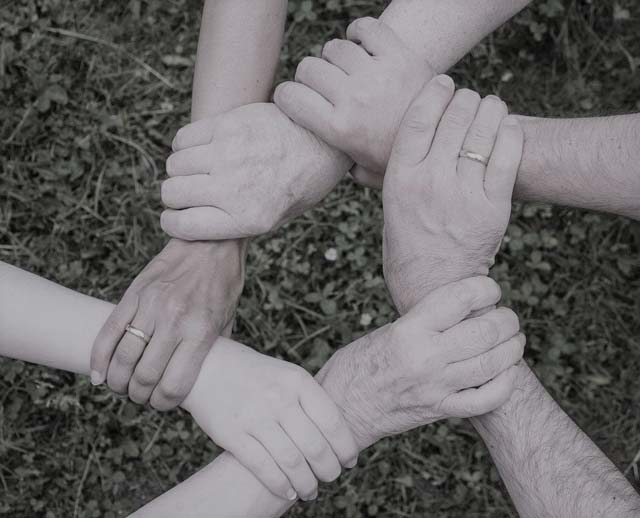After the early childhood years. A longitudinal study of parenthood and work
About this project
Project information

Despite great efforts in Swedish politics to promote gender equality in family and work life, large differences remain between mothers and fathers. Women still use significantly more parental leave than men, more often work part-time and take greater responsibility for unpaid work. The large gender differences in responsibility for home and family arise when couples become parents, and have negative consequences in the short and long term for women’s financial position.
Complicated processes lie behind these patterns. The first years after a child’s birth are transforming and important to study, but if we want to understand the importance of the gendered work division for parents’ lives in the long term, we must also study the later years when routines have been established and the consequences of early decisions on parental leave, care and work play out.
The aim of this project is to provide in-depth knowledge of how gendered work divisions arise and are perceived, maintained and challenged during the years with small children and early school years. We study this using unique longitudinal, qualitative data. In a previous project, we conducted interviews with 20 couples before the first child’s birth and when the child was about 1.5 years old. In this project, a third interview is added when the child is about ten years old.
The project produces valuable knowledge of why gendered patterns in paid work, care and housework remain, but also how these patterns might be challenged. We highlight processes behind working parents’ division of work during the early childhood years and the children’s early school years, as well as the importance of demands and expectations in work life and family life for parents’ choices and priorities. As the study is part of an international collaboration (TransParent, see www.transparent-project.com) we will also study the importance of the socio-political context.
Researchers
Research groups
Collaborators
- Katarina Boye, Stockholms universitet

